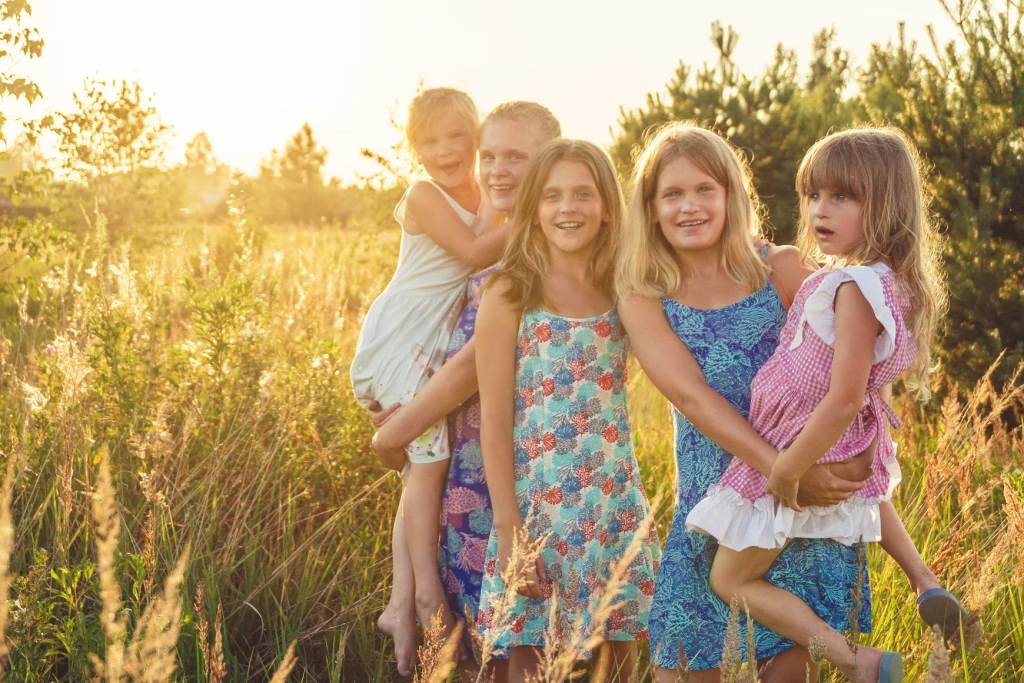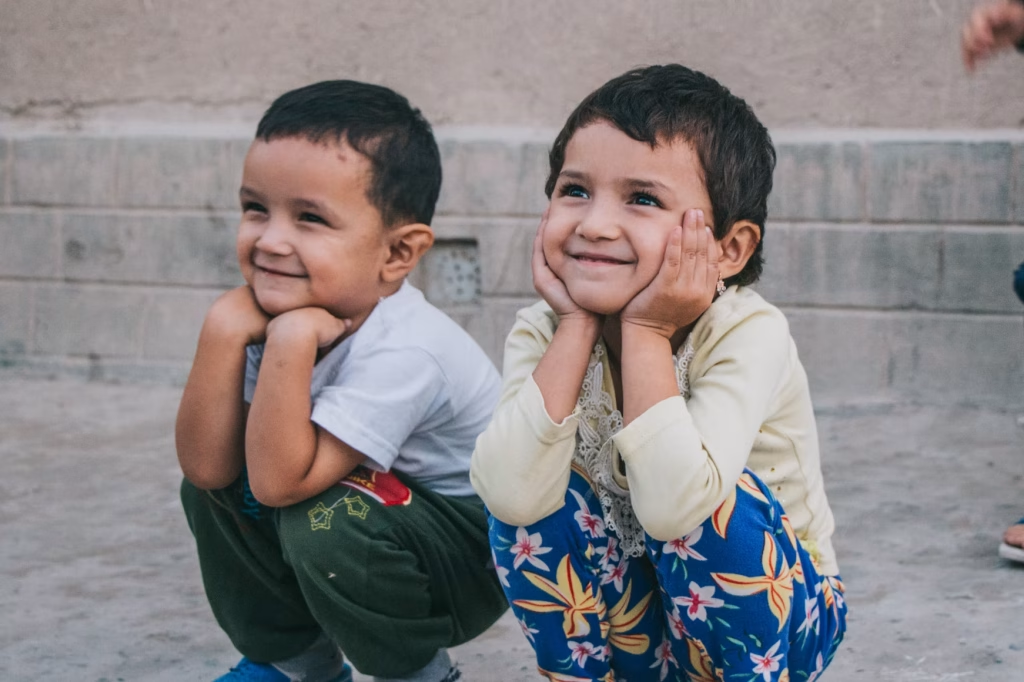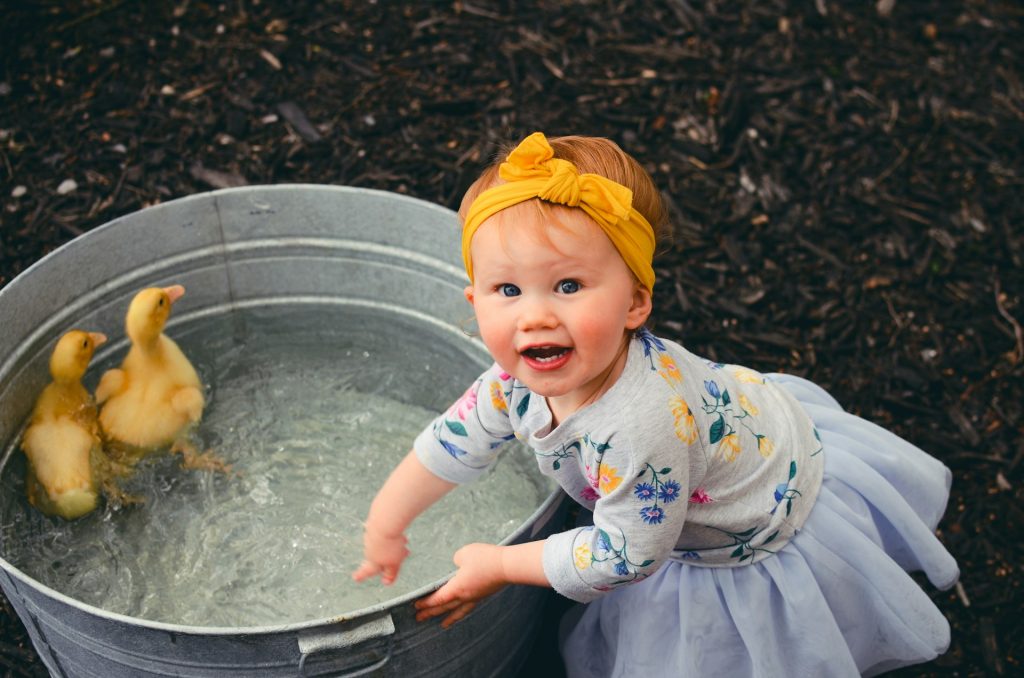
There’s something meaningful about the moment a family feels complete. For some, that moment comes with the first child. For others, it might not arrive until the third or even fourth. But for many families, it comes with two kids—a feeling of balance, joy, and just enough chaos to keep things interesting without overwhelming the household. Choosing to stop at two kids can be less about settling and more about embracing peace, presence, and a sustainable rhythm.
1. Each Child Gets the Attention They Deserve
One compelling reason to stop at two kids is the ability to truly be present for each child. With only two to care for, time and emotional energy can be divided more evenly. School events, bedtime stories, and one-on-one conversations feel more manageable and less rushed. Fewer siblings often means less competition for attention, allowing stronger bonds to form. These parenting dynamics often lead to deeper relationships and more intentional engagement.
2. Financial Stability Feels More Realistic
Raising children is undeniably expensive, from daycare to college tuition. Having two kids allows many families to budget effectively without the constant pressure of financial strain. There’s often more room to plan vacations, invest in extracurriculars, and build savings. With fewer dependents, long-term financial goals become more attainable. For many households, two kids offers a balance between family enrichment and financial health.
3. Household Logistics Stay Manageable
Life with two kids can still be hectic, but it’s often far more manageable than larger-family logistics. Mornings, car rides, and meal times remain busy but not unmanageable. Chores can be divided more fairly, and schedules are easier to coordinate. There’s enough activity to keep things lively without tipping into overwhelming territory. Many families find that two kids keep the home bustling but not chaotic.
4. The Adult Relationship Gets Space to Breathe
Parenting can take a toll on a couple’s relationship, especially when the demands feel nonstop. With two kids, there’s often enough bandwidth left to nurture the partnership as well. Time for connection—even small moments—becomes easier to reclaim. Maintaining a strong relationship becomes more sustainable when the parenting load is shared without constant exhaustion. A healthy marriage or partnership benefits the entire family structure.
5. There’s a Healthy Balance of Presence and Independence
The 1:1 parent-to-child ratio has its advantages. Tasks like homework help, bedtime routines, and errands can be handled without burnout. Parents can show up for each child without feeling constantly spread thin. This balance supports both involvement and autonomy in parenting. Two kids often allow families to stay connected without feeling overextended.
6. Built-In Companionship Without Competition Overload
The sibling bond can flourish in a two-child home. While disagreements are inevitable, having just one sibling can reduce rivalry and promote deeper connections. With fewer personalities competing for attention, relationships tend to stabilize more easily. Playtime and shared experiences between two kids can build lifelong friendship and emotional support. These early bonds often extend well into adulthood.
7. Room Remains for Personal Growth
Parenting is demanding, but family life shouldn’t come at the expense of personal development. With two kids, parents often retain more time for hobbies, career goals, or creative pursuits. Space exists for rest, reflection, and individual growth. This balance can enhance parental well-being, which directly benefits children. A family of four may offer both joy and flexibility.
8. The Feeling of “Done” Is Clear
Sometimes, a sense of completeness arrives without doubt. After welcoming two kids, many parents describe a deep feeling of fulfillment. The urge for another child doesn’t appear, and attention shifts to building the life already started. That sense of closure can bring peace and confidence in future plans. Trusting that feeling is part of intentional parenting.
The Power of Knowing What Works
In a world that often celebrates more, choosing fewer can be an intentional act of clarity. For many families, stopping at two kids provides the best chance to thrive—emotionally, financially, and relationally. There’s space to grow, connect, and enjoy each other without feeling overwhelmed. Two kids can be the perfect fit, offering a beautiful balance of chaos and calm.
Have you found your perfect stopping point when it comes to family size? What helped you make the decision? Share your experience in the comments!
Read More:
Should People Be Fined for Having Too Many Kids?
Suburbs Or City: Where Is The Best Place To Raise A Family?
Catherine is a tech-savvy writer who has focused on the personal finance space for more than eight years. She has a Bachelor’s in Information Technology and enjoys showcasing how tech can simplify everyday personal finance tasks like budgeting, spending tracking, and planning for the future. Additionally, she’s explored the ins and outs of the world of side hustles and loves to share what she’s learned along the way. When she’s not working, you can find her relaxing at home in the Pacific Northwest with her two cats or enjoying a cup of coffee at her neighborhood cafe.












